The European Union (EU) will open membership talks with Ukraine on June 25, giving the Eastern European country a political boost amid its conflict with Russia.
The ceremony marking the occasion in Luxembourg will be more symbolic than substantive talks, as Kiev still has an extremely long and difficult road ahead to actually join the bloc.
But by marking the start of talks with Ukraine, and soon after with neighboring Moldova, the EU is signaling that both former Soviet states are on a path toward deeper integration with the West.
This moment will be profound for many Ukrainians. It will lift the spirits of the Ukrainian people, said Ihor Zhovkva, a foreign policy adviser to the Ukrainian president.
“It is very important,” Mr. Zhovkva told Reuters in an interview in Kiev. “The path to full membership that Ukraine deserves... is irreversible.”
Ukraine’s Deputy Prime Minister for European Integration Olga Stefanishyna will lead the Ukrainian delegation at the event, known in EU jargon as the Accession Conference. The conference is set to begin at around 3:30 p.m. local time (1:30 p.m. GMT).
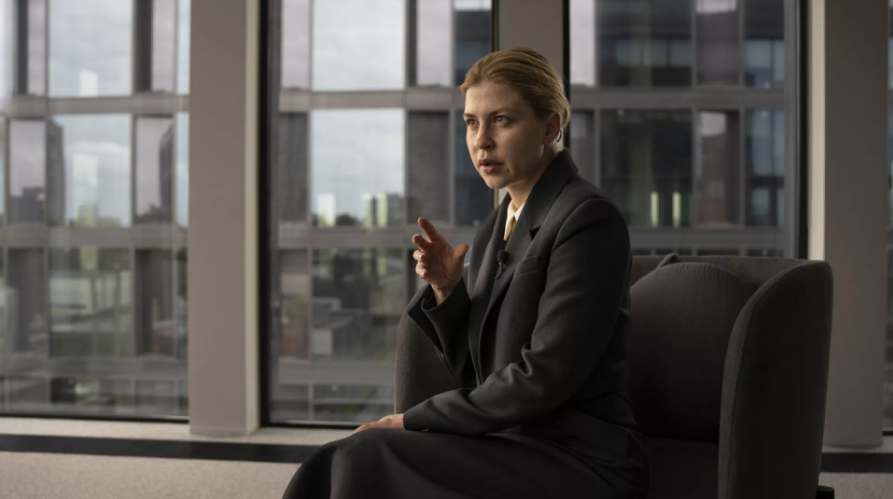
Ukrainian Deputy Prime Minister in charge of European integration Olga Stefanishyna. Photo: AP
Calling the EU’s decision to launch accession talks a “big day” for Ukraine, Stefanishyna said: “This is the ultimate will of the Ukrainian people. And it is irreversible. And you saw the Ukrainian people standing up for their choice.”
The EU was represented at the event by Belgian Foreign Minister Hadja Lahbib, as Belgium is the member state holding the rotating presidency of the EU Council.
The process of joining the EU is different for each candidate country, but can take years. Türkiye began accession talks nearly two decades ago and is still waiting for full membership.
According to EuroNews, a European Parliament (EP) opinion poll survey earlier this year showed that EU citizens generally support Ukraine becoming a member of the bloc but are less in favor of speeding up the process.
The journey to EU membership is difficult for candidate countries, as they must reform to meet EU standards on a range of issues, from fighting corruption through agricultural management to harmonizing customs regulations.
The Russia-Ukraine conflict poses enormous challenges for both Kiev and Brussels, raising questions that neither wants to answer at the moment – such as whether Ukraine can join in if parts of its territory remain under the control of Russian forces.
The prospect of Moldova's membership raises similar questions, albeit on a smaller scale, with the knot being the breakaway region of Transdniestria.
Both Kiev and Chisinau will have to overcome not only technical and legal hurdles to EU membership, but also political ones. Candidate countries need the approval of all 27 EU members to open and close each step of membership negotiations, giving member-state governments ample opportunity to block the process.
Hungary – which maintains closer ties with Russia than other EU members and does not supply arms to Kiev – has delayed starting accession talks with Ukraine, diplomats say. Hungary will take over the rotating presidency of the EU Council from July 1 until the end of the year.
In addition, expanding the EU to include Ukraine and Moldova – and other prospective countries such as the Western Balkans and Georgia – would require a radical overhaul of EU rules on everything from economic development and agricultural subsidies to decision-making, analysts say.
Minh Duc (According to Reuters, EuroNews)
Source: https://www.nguoiduatin.vn/cu-hich-chinh-tri-cho-ukraine-a669880.html



![[Photo] Closing of the 11th Conference of the 13th Central Committee of the Communist Party of Vietnam](https://vstatic.vietnam.vn/vietnam/resource/IMAGE/2025/4/12/114b57fe6e9b4814a5ddfacf6dfe5b7f)
![[Photo] Overcoming all difficulties, speeding up construction progress of Hoa Binh Hydropower Plant Expansion Project](https://vstatic.vietnam.vn/vietnam/resource/IMAGE/2025/4/12/bff04b551e98484c84d74c8faa3526e0)



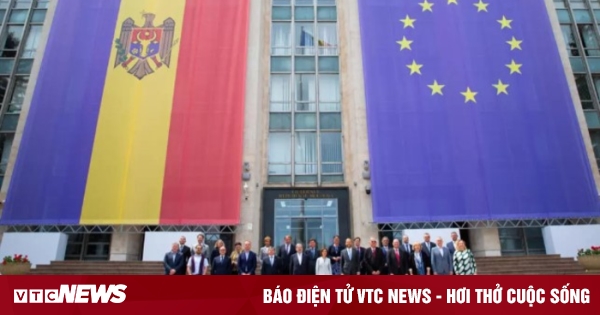

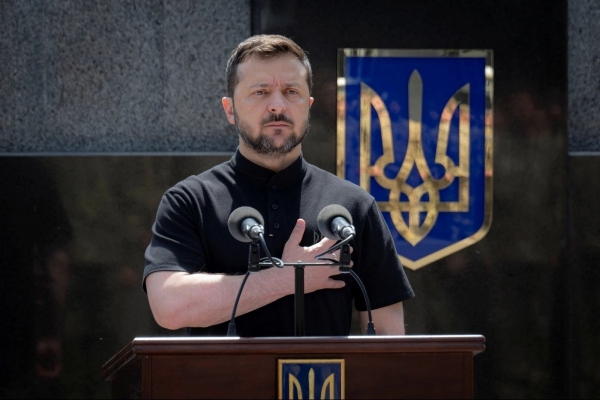

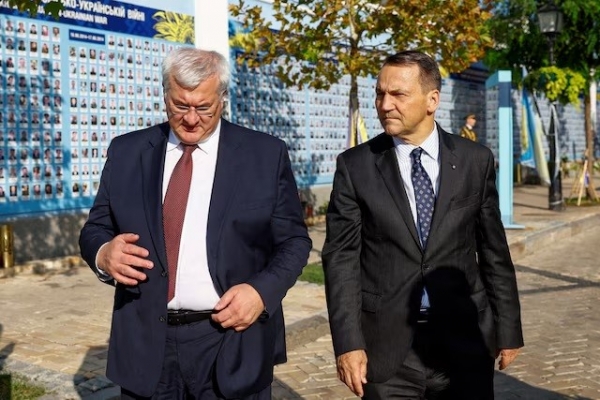

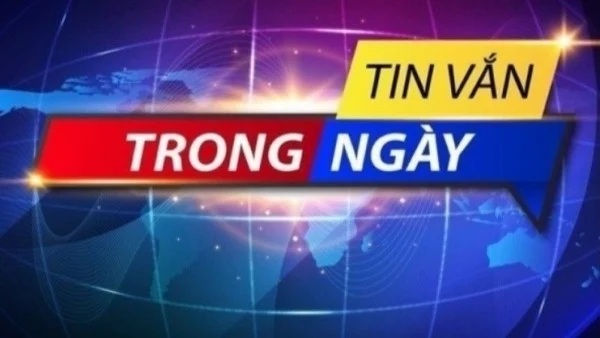
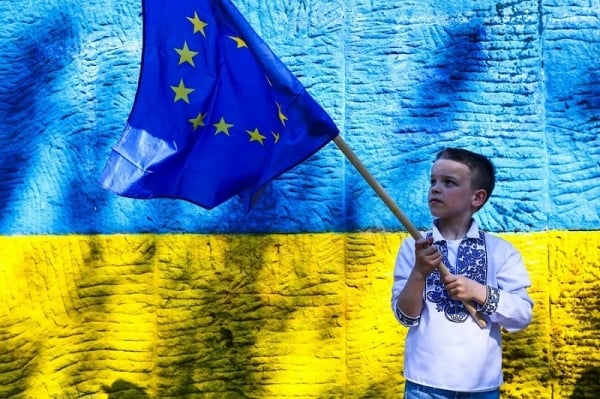
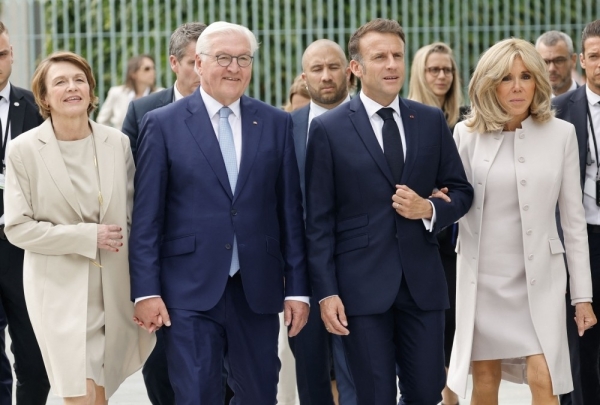





























































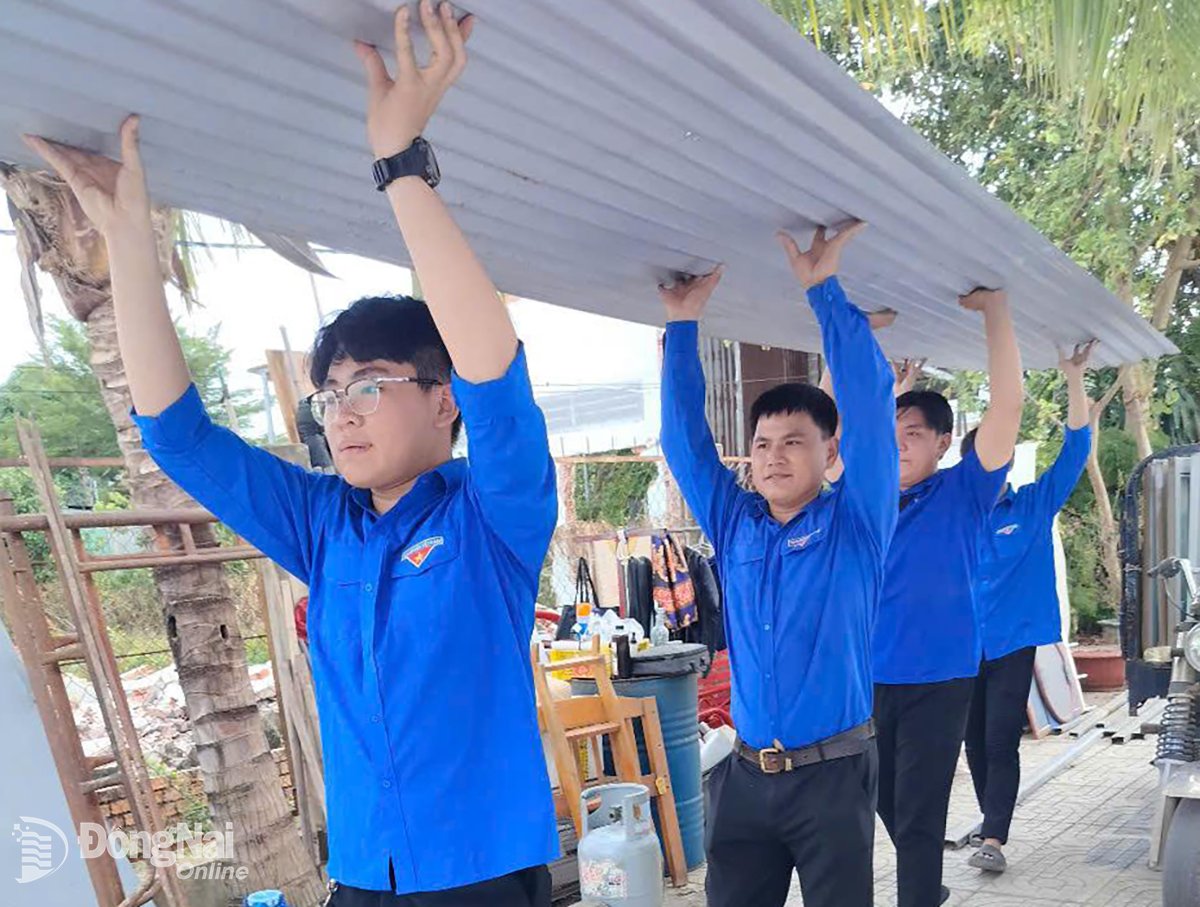

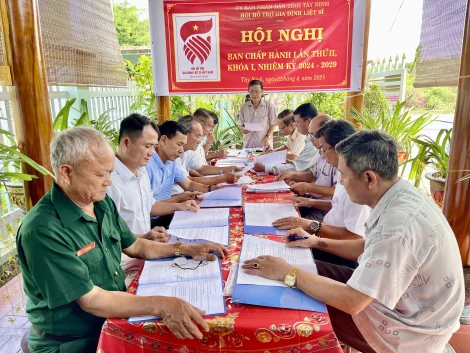



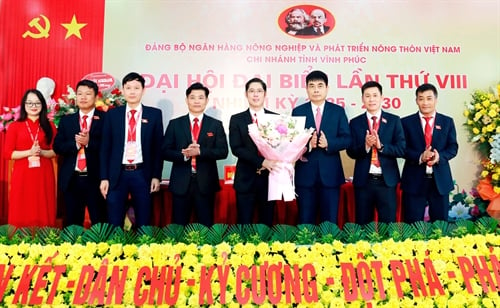












Comment (0)